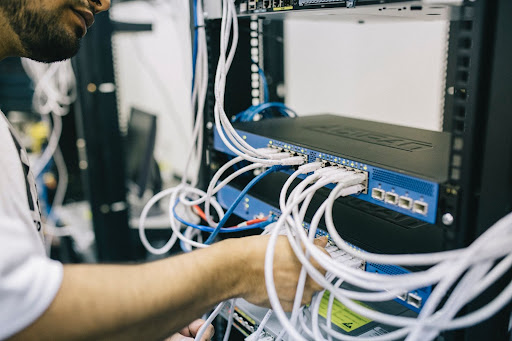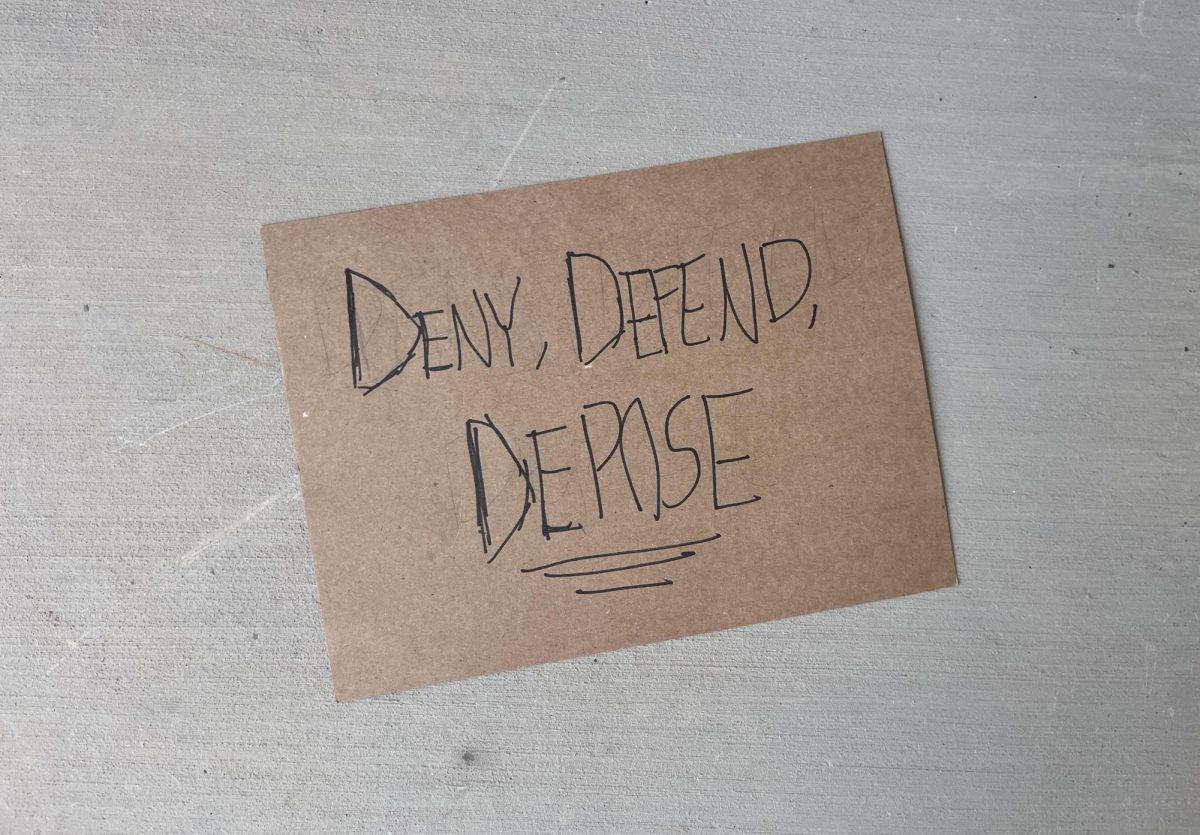Any journalist will tell you that the timing of a story is as crucial as the content itself.
As student journalists who live in an age of constant information bombardment, it is necessary for the Southwest Shadow to remain up-to-date and produce timely commentary on recent developments in politics, news, and media across the board. We rely on the school district’s digital infrastructure to produce content for our publication and further our experience-driven education in the publishing space. However, the Clark County School District has repeatedly failed to protect its students’ learning environment.
On October 5th, an unauthorized third party hacked the CCSD network, gaining access to the student information of thousands within the district. This sensitive information includes: district ID numbers, home addresses, medical records, disciplinary logs, and plenty of other personal documents; the extent of the hackers’ access to the network is not fully known. Allegedly, the district only became aware that their network had been compromised after receiving an email directly from the group that claims responsibility for the infiltration, SingularityMD. FOX 5 News received a credible email from the group on October 25th, claiming that the hackers still have access to the network and its information.
CCSD officials blocked access to students’ Google Workspaces accounts outside of school for security reasons, preventing access to important services including email. Simultaneous internet outages, which the district explained away as damaged fiber conduits, meant that students could still not access their emails, with or without CCSD network access.
While some educators throughout the district had no problem transitioning back to a traditional learning environment free of internet access, there are hundreds of classrooms throughout the district which rely on technology to operate. Classes at our own school, including Digital Game Design and Graphics, for example, cannot be expected to adapt to foundational disruptions in the internet infrastructure, nor is it their responsibility to do so.
A school system that relies on digital infrastructure must be reliable and secure above all else. CCSD’s continued failure to act on a timely solution to the issue has further eroded the trust in public education, widening the gap between private and public education even further. While students in public schools were unable to access any of their digital materials, other students in private and charter schools remained unaffected as they continued normal instruction on their self-contained internet networks.
It is difficult to know whether the security protocols the school district had in place were reasonably sufficient to prevent a breach. It is not responsible to place the full burden of a cyberattack incident on the shoulders of CCSD on a nonfactual basis. What we do know for a fact, however, is that the district’s reactive response to the incident was completely lackluster, considering a remarkably similar incident which occurred just three years ago. Has our district learned nothing since then? Now, not only have thousands of collective learning hours been lost— students are still being threatened with the possibility of a large-scale data privacy breach that could have its own wave of adverse effects.
Students attend school to learn, not to lose sleep over their data security. For now, we must demand transparency from CCSD, ensuring that digital infrastructure remains reliable and secure for future students.







